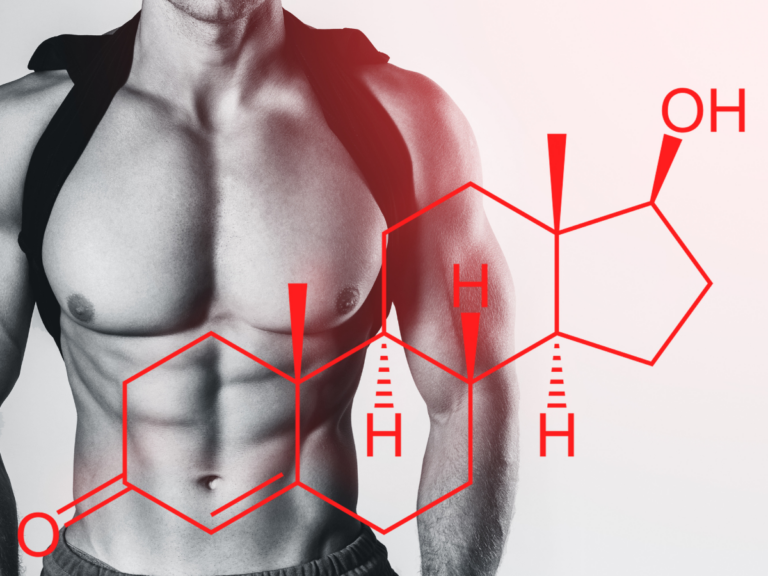Is Testosterone Therapy (TRT) Safe?

Testosterone therapy has become a pivotal topic in men’s health discussions over the years. While some caution against it, a closer look reveals that when overseen by a medical professional, testosterone therapy can be both safe and beneficial. Let’s delve into the facts about the safety of testosterone therapy with medical supervision.
1. The Role of Testosterone Therapy
Testosterone is the primary male sex hormone responsible for various functions, from maintaining muscle mass and bone density to ensuring mental well-being. As men age, there’s a natural decline in testosterone levels, which can lead to fatigue, reduced libido, and mood disturbances. Testosterone therapy is designed to address these deficiencies, potentially revitalizing the patient’s overall health.
2. The Importance of Medical Monitoring
Personalized Dosage: Proper dosage is essential for the safety of testosterone therapy. The Endocrine Society emphasizes that individualized dosage prevents side effects that might arise from excessively high levels. With medical oversight, the right amount is administered based on individual needs.
Routine Health Assessments: Periodic health evaluations are vital. A study from the Journal of Clinical Endocrinology & Metabolism suggests that these assessments, including regular blood tests and prostate screenings, can detect and address potential side effects early on.
Flexibility in Treatment: Having a dedicated medical professional means the treatment plan can be adjusted based on the individual’s response. This dynamic approach ensures that any concerns are promptly addressed.
3. A Look at the Research
Testosterone therapy, like any medical treatment, comes with its considerations. However, research provides reassuring insights into its safety:
Cardiovascular Health: There have been concerns linking testosterone therapy to heart issues. Yet, a detailed review in JAMA found that when the therapy is monitored, there’s no significant evidence showing an increased risk of cardiovascular problems.
Prostate Health: Past beliefs suggested testosterone therapy might elevate the risk of prostate cancer. However, current findings from the European Urology Journal dispel this notion, especially when therapy is correctly overseen.
Bone Density: A promising insight from the Journal of Bone and Mineral Research indicates that testosterone therapy can enhance bone density, potentially reducing the risk of fractures in older men.
4. Additional Benefits
Mood and Energy Enhancement: Many individuals report improved mood and energy following therapy. Studies, such as those from the Archives of General Psychiatry, have indicated that testosterone therapy can aid in addressing symptoms of depression in some cases.
Muscle and Fat Benefits: Medically supervised testosterone therapy can lead to an increase in muscle mass and a more favorable body fat distribution.
5. Managing Potential Side Effects
Like all treatments, testosterone therapy has potential side effects, including acne, sleep apnea, or breast enlargement in men. However, the key lies in early detection and management. With routine medical monitoring, these side effects can be managed, mitigated, or even prevented.
So is Testosterone Therapy Safe? Yes.
Testosterone therapy, when approached with knowledge and medical oversight, offers a promising avenue for addressing various health concerns in men. If you’re contemplating this treatment, take comfort in knowing that with regular check-ins and open communication with healthcare professionals, the journey can lead to enhanced health and well-being. Here’s to making informed health decisions and prioritizing well-being!






